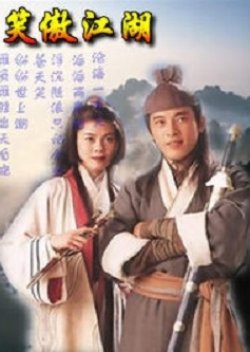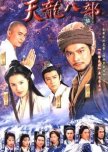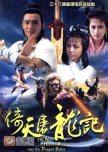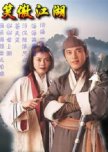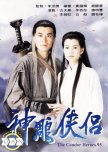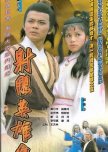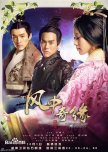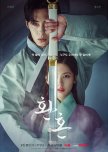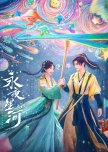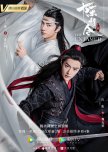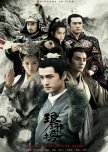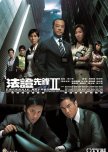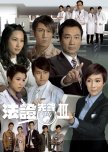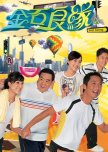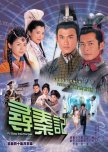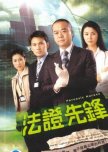Esta resenha foi útil para você?
Even the most diehard fans can’t deny that this was a low budget production. The fight scenes and special effects were sloppy, given that TVB invested a lot more in “Journey to the West” which aired in the same year. The costumes were cheaply made and ill-fitted. The glue on the actors’ wigs were peeling off. The makeup was so bad you can actually see the pores on people’s faces.
You could ignore these flaws, if you watch it for Jacky Lui. He was, and still is to this day, Linghu Chong. It was as if the character jumped out from the pages of Jin Yong’s novel. You see it in Jacky’s expressions, the way he talked, and even in his swagger. Linghu Chong had a devil-may-care attitude that was comical, bordering on disrespectful. Underneath all that was a thoughtful and sensitive man. Jacky was one actor who could show all the facets of this character. It looked like he was having fun with the dialogues, which were witty and true to the book.
The other highlight of this series was its gallery of villains, each with his/her own distinctive style. Timmy Ho had a boyish smile that can easily turn into an ugly sneer. You get to decide for yourself if his Lin Ping Zhi was truly rotten or just a pitiful victim driven to the dark side by his enemies. Chan Hung Lit looked exactly like the sly old fox that was Zuo Lengshan. Law Lok Lam added a caring, fatherly side to the bloodthirsty Ren Wo Xing. Wong Wai, who can play both a good and bad guy with ease, was the ideal choice for Yue Bu Qun. His acting was so finely tuned here, especially his facial tics and subtle shifts in manner.
Last but not least, there was Dong Fang Bu Bai. He had very little screen time but was a looming presence throughout the series. Nowadays, it’s politically incorrect to call him a monster, but that was what Jin Yong intended him to be. The scariest monster was one that was a warped, twisted version of ourselves. It showed us what we are capable of becoming. Lo Chun Shun didn’t get nearly enough recognition for his work. His Dong Fang Bu Bai was one of the most iconic bad guys of the wuxia genre.
This story marked the start of Jin Yong’s transition away from the conventional hero and villain. In a way, it was a literary milestone. The screenwriters did right by staying faithful to it. They did add extra scenes to develop the characters. Some of it was good (Ren Wo Xing’s backstory), some of it not so good (Yue Ling Shan’s despair over Lin Ping Zhi). I like the added subplot for Linghu Chong and Ren Ying Ying, even if it came a little too close to “Romeo and Juliet.” It was nice to have that light touch of romance after so much violence and death.
Esta resenha foi útil para você?

